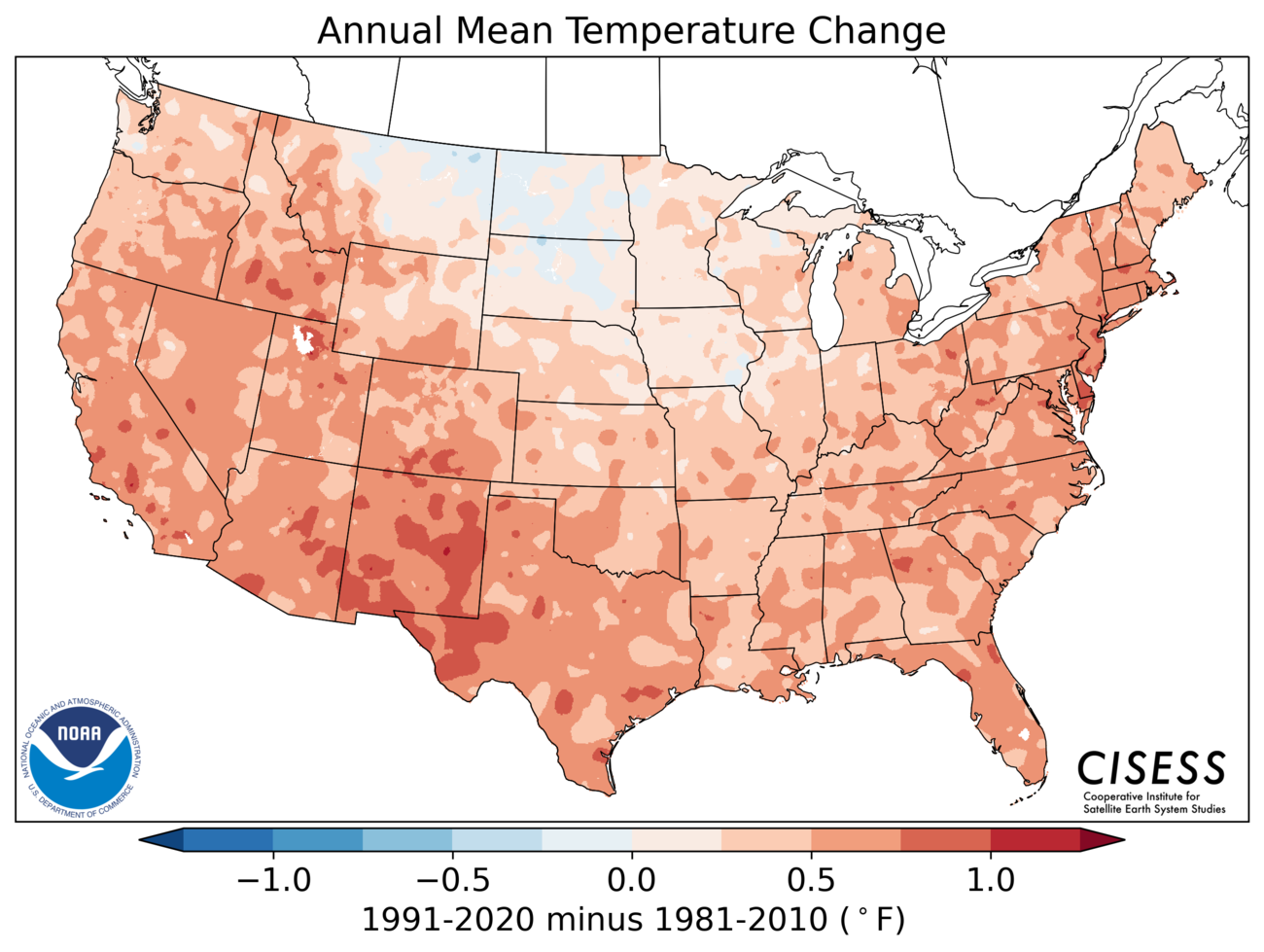The deployment I concluded yesterday that involved recreating production assets in an entirely new Azure subscription turned out much more boring (read: successful) than anticipated. That still didn't stop me from working until 6pm, but by that point everything except some older demo data worked just fine.
That left a bit of a backup of stuff to read, which I may try to get through at lunch today:
Finally, summer apparently arrives in full force tomorrow. We're looking forward to temperatures 5-10°C above normal through mid-June, which will continue northern Illinois' drought for at least a few more weeks.
The Sea of Marmara, which lies between the Black and Mediterranean Seas, is covered in mucus:
[A] thick, viscous substance known colloquially as “sea snot” is floating on the water’s surface, clogging up their nets and raising doubts about whether fish found in the inland sea would actually be safe to eat.
Scientists say that the unpleasant-looking mucus is not a new phenomenon, but rising water temperatures caused by global warming may be making it worse. Pollution — including agricultural and raw sewage runoff — is also to blame.
As the Guardian and numerous Turkish news outlets have reported, high levels of nitrogen and phosphorus in the Sea of Marmara, situated between the Black and Aegean Seas, are leading to an explosion of the phytoplankton populations that discharge “sea snot.” Though the mucus itself is not necessarily harmful, it can become a host to toxic microorganisms and dangerous bacteria such as E. coli. And when it forms a layer that covers the water’s surface, it can set off a harmful chain of events, preventing fish from being able to breathe, causing mass die-offs, which in turn leads to plummeting oxygen levels that choke other forms of marine life.
Ewwww.
And if you're not up to date on your 16th-century madrigals, the headline of this post comes from this rockin' tune by John Bennett he released way back in '99. (1599.)
Lake Michigan and Lake Huron water levels have dropped every month for the last 10, to about 60 cm below last July's record levels. The lake system is still about 60 cm above its mean level, but at least we can see our beaches again:
The receding water has been welcomed by some beach towns and lakefront parks that weathered destruction in recent years. A group of Great Lakes officials estimated at least $500 million of damage in cities last year.
The shift doesn’t mean shoreline communities are in the clear. Many are still working to preserve what’s left of disappearing bluffs, repair crumbling paths or get ahead of the next rise.
Changes in water level are driven by precipitation, runoff and evaporation. Lake Michigan topped the long-term average in 2014 and last year set a string of monthly records, hovering near the 1986 record high. Highs and lows have come and gone throughout the historical record, and climate change may bring increasing variability between the swings. But it’s still too early to say if the lower trend will continue.
The Park District has also, finally, repaired the fences at Montrose Beach, to the delight of lake-loving dogs all over the city.
I confess to some difficulty talking to people who exhibit willful irrationality. If you don't want to wear a mask or get a vaccine because you somehow equate that with a political party, I don't know what to tell you. But for the people who may just have some irrational fear without making a political statement about it, the New York Times has a helpful interactive training article for you.
In other news, an iceberg slightly larger than Long Island broke away from Antarctica this week. So that's fun.
The decennial update of the 30-year US climate normals dropped this afternoon. They show the US has gotten measurably warmer over the 1981-2010 normals:
NOAA’s new U.S. Climate Normals give the public, weather forecasters, and businesses a standard way to compare today’s conditions to 30-year averages. Temperature and precipitation averages and statistics are calculated every decade so we can put today’s weather into proper context and make better climate-related decisions.
Normals are not merely averages of raw data. Thirty years of U.S. weather station observations are compiled, checked for quality, compared to surrounding stations, filled in for missing periods, and used to calculate not only averages, but many other measures. These then provide a basis for comparisons of temperature, precipitation, and other variables to today’s observations.
As anticipated, changes have occurred in averages since the last ten-year update.
For instance, the north-central U.S. Temperature Normals—for those in the Northern Plains and Upper Midwest—have cooled from 1981–2010 to 1991–2020, especially in the spring. The South and Southwest are considerably warmer. Normals were also generally warmer across the West and along the East Coast.Precipitation-wise, the Southwest was drier; wetter averages emerged in the U.S. east of the Rocky Mountains, especially the Southeast in the spring.

[L]ong-term trends from decade to decade can affect baseline “normal” weather conditions. For instance, the last decade includes the warmest seven years on record for the globe, according to NCEI.
Chicago got just a little warmer and just a little wetter, as anticipated. Southwest Texas got much warmer and dryer. And Florida is still part of the US. Two of these things are suboptimal.
And if you aren't sure climate change is happening, check this out:
.png)
Sunday evening we had 4°C gloominess with gusty winds. Today we've got 28°C sunniness with gusty winds. We've also got a bunch of news stories to glance through while a build completes:
Cassie has plotzed on the sofa, probably from the heat and from spending all day yesterday at doggy day care.
And here's the CDC's latest chart:

Happy 51st Earth Day! In honor of that, today's first story has nothing to do with Earth:
Finally, it looks like I'll have some really cool news to share about my own software in just a couple of weeks. Stay tuned!
Some stories in the news this week:
Finally, the House Oversight and Reform Committee advanced DC statehood legislation. The full house may even pass the DC Admission Act next week.
A few articles caught my attention this week:
Also, I'm just making a note to myself of Yuriy Ivon's rundown on Microsoft Azure Cosmos DB, because I'm using it a lot more than I have in the past.
Even though my life for the past week has revolved around a happy, energetic ball of fur, the rest of the world has continued as if Cassie doesn't matter:
And if you still haven't seen our spring concert, you still can. Don't miss it!